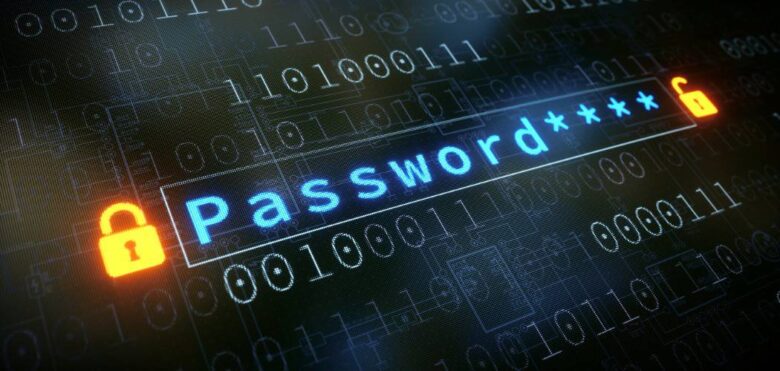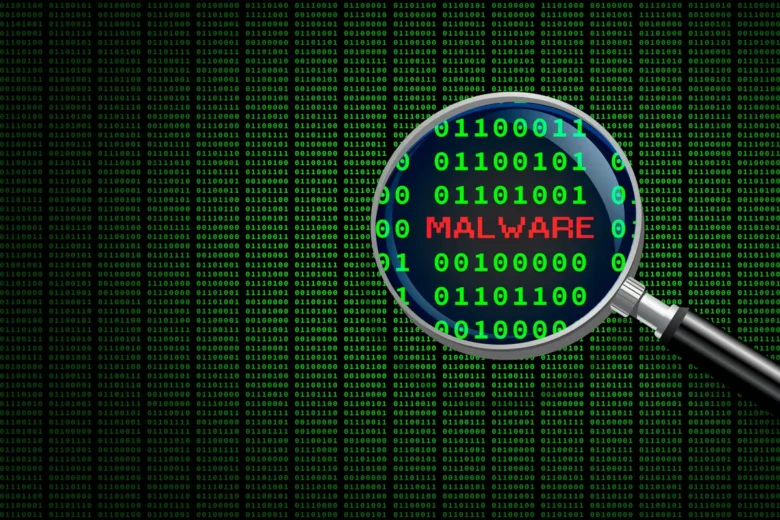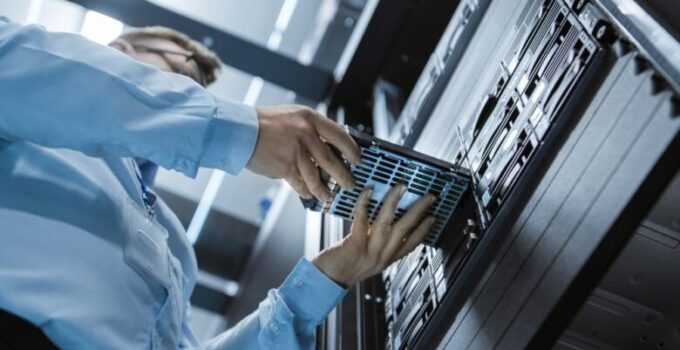British company Databarracks, specializing in business continuity, data backup, and disaster recovery, has conducted an annual study Data Health Check.
According to the Databarracks study, in 2024, for the first time ever, the most common reasons for data loss were cyberattacks (38%), and ransomware was the most frequent form of cyberattacks. The study also notes that human factors and equipment failure are other common causes of data loss.
Improving data security takes two plans of action. The first is to apply measures and tools that allow you to warn and repel attempted attacks. This line of work aims to strengthen cyber security.
And secondly, if a hacker attack is successful and data is lost or compromised, you must have a protocol of actions in the event of an attack. For this, large companies develop a Business Continuity Plan, i.e., a plan to ensure uninterrupted operations and a Data Storage Policy.
In case of data loss
It is worth noting that, according to the report, Business Continuity Plans are being adopted more and more by small businesses, not just large corporations, which is good news. Businesses, big or small, need to think about cybersecurity not just on the company level but on the individual level as well. Since the human factor is so important in preserving and upholding cybersecurity, maintaining robust protection of data, even on the individual level, is crucial for the overall cybersafety of any company. Employees must know what to do in case of a fraudulent extortion attack or data loss.
Regular backups
While there are many ways to increase your cyber security, you can’t always escape it. One way to ensure that the damage won’t be irredeemable is to have backups. According to research from Databarracks, 34% of survey participants who experienced a successful ransomware attack did not pay a ransom to the attackers but recovered from backups. In fact, backups are a common response to data loss for several reasons: ransomware, hacking, or hardware theft.
To prevent attacks
Regular software updates

Source: ophtek.com
To ensure safety, it is best to regularly update your software. Updates to programs and applications for mobile devices and computers improve functionality and fix existing bugs. Still, most importantly, they contain important security improvements and tools to repel newer viruses known at that time.
To make the regular updates less tedious and avoid additional actions, it is useful to configure automatic software updates so that your devices will automatically install them when the update is available. This is a helpful way to instantly eliminate at least some security problems.
Install antivirus and VPN
Antivirus programs are software for finding and eliminating malicious programs or computer viruses. Antiviruses scan files, programs, internet traffic, e-mails, etc., notify you about potential dangers, and clear the dangerous files. They are an essential tool for maintaining cybersecurity.
Attitudes towards VPNs among the general public have undergone a rapid evolution, from “what is a VPN?” to “do I need to install a VPN?” and finally to “which VPN to download?”. But still, let’s remember what it is useful for:
- A VPN makes an online presence private thanks to data encryption and the ability to change the user’s IP address to a different one. Thus, no one will be able to track your search history or find out which web resources you have visited. A VPN hides your digital footprint, which is especially critical for commercial espionage. Some VPN providers even offer more than hiding your IP address. For example, https://nordvpn.com/ recently introduced a feature called Threat Protection. Its main purpose is to block malware and let the user enjoy the internet without any ads.
Suppose a company uses the best VNP and antivirus on its corporate devices. In that case, it makes sense to encourage its employees to take similar security measures on their personal devices as well. This is important because often, successful attacks happen due to the careless actions of individual users, and educating employees and equipping their devices with antiviruses and VPNs will protect them against most cyber threats.
Complex and securely hidden passwords

Source: groovypost.com
It is essential to have a strong password if you want to stay safe online. A strong password means that you cannot enter the word “password,” your name or your children’s name, multiple identical numbers (111111) or consecutive numbers (12345678), or any common word or date. Instead, the password must consist of a random combination of numbers, upper and lower case letters, and allowed service characters.
Now, we must admit that such complex passwords are difficult to remember and manage, especially if you have multiple accounts across different platforms. While you can write all your complicated passwords on a piece of paper and then hang it in a prominent place for convenience, it’s not necessarily the safest way to keep track of your passwords.
A great alternative to that is password managers, which can generate new, strong passwords and keep track of them for you. Companies can also ensure that employees know how to use password managers to increase the company’s overall safety with little to no effort.
Anti-malware – protection against spam
Protecting yourself from spam is important, and not just because you want to avoid distracting your staff with various junk email offers during working hours. The main danger of spam is the links contained in these emails, which are more than likely to either lead to phishing websites or contain viruses that will cause data loss and financial or reputational damage.
Therefore, companies should make sure that employees know how to properly deal with spam.

Source: idgconnect.com
And finally, another figure from the Databarracks report: 44% of those who were successfully attacked by ransomware paid a ransom to regain access to their data. So if you don’t have procedures in place to back up your data, don’t have the resources to repel attacks successfully, and don’t have preventative measures in place, your last option will be to pay the attackers.
To avoid that, make sure to invest in good cybersecurity tools and educate your employees about the danger of cyberattacks and the proper plan of action to follow in case of a successful cyber attack.




